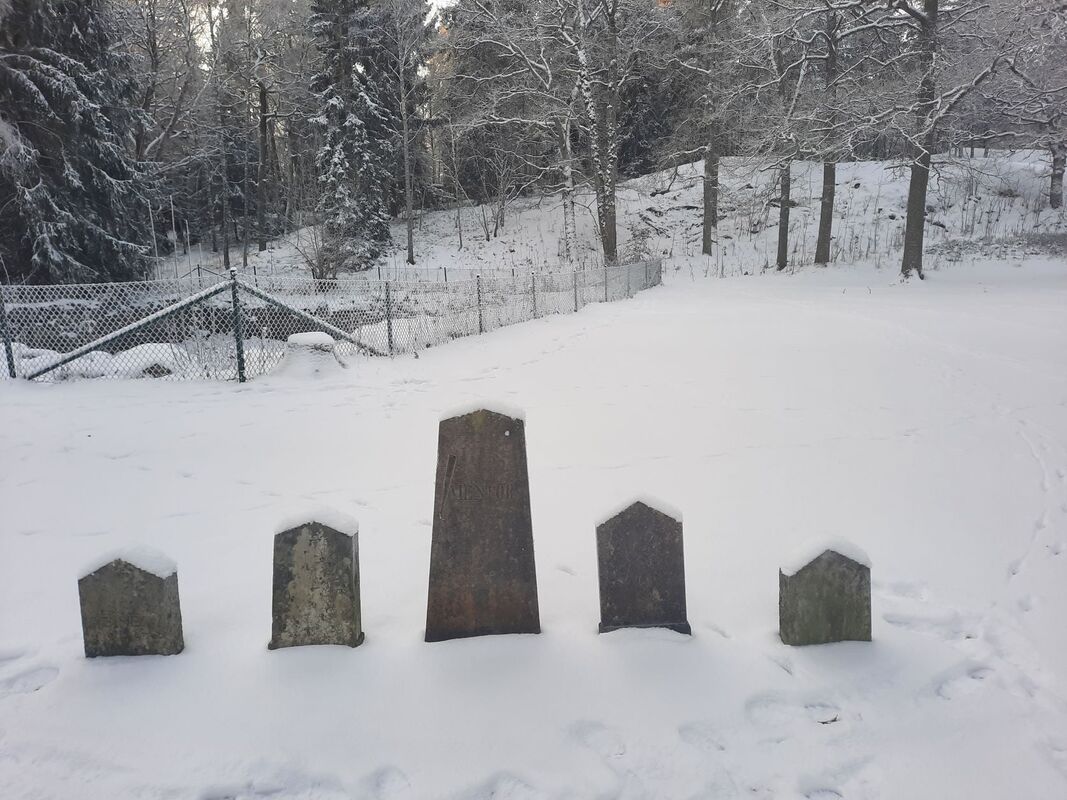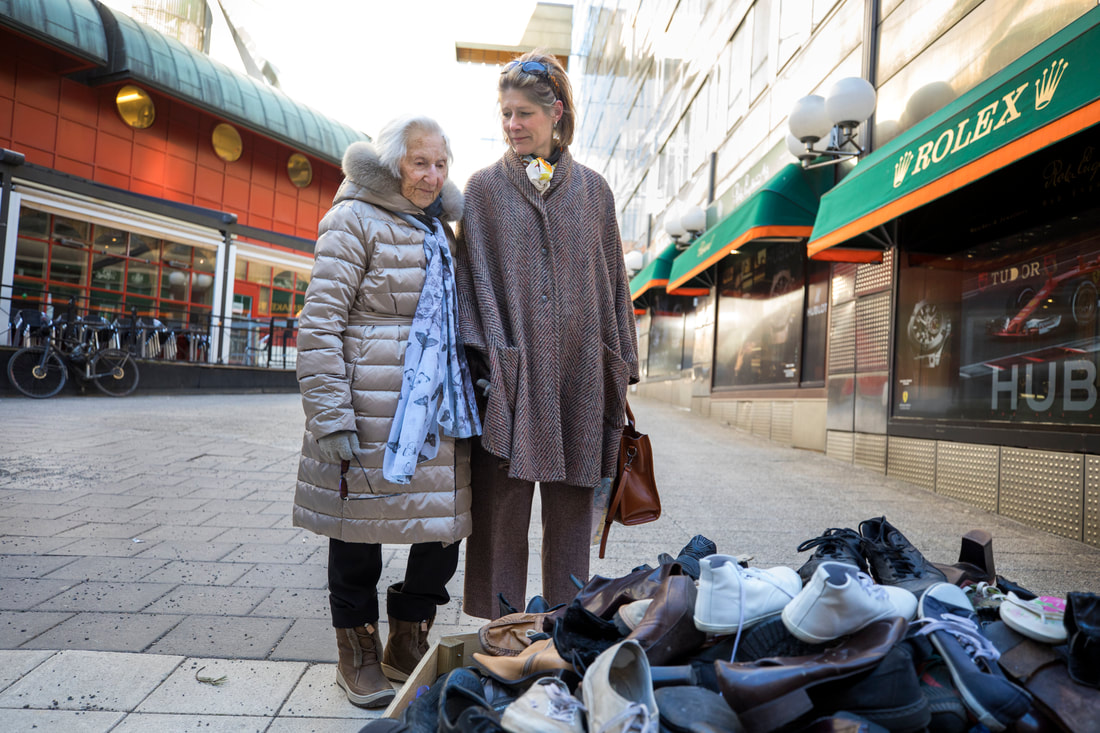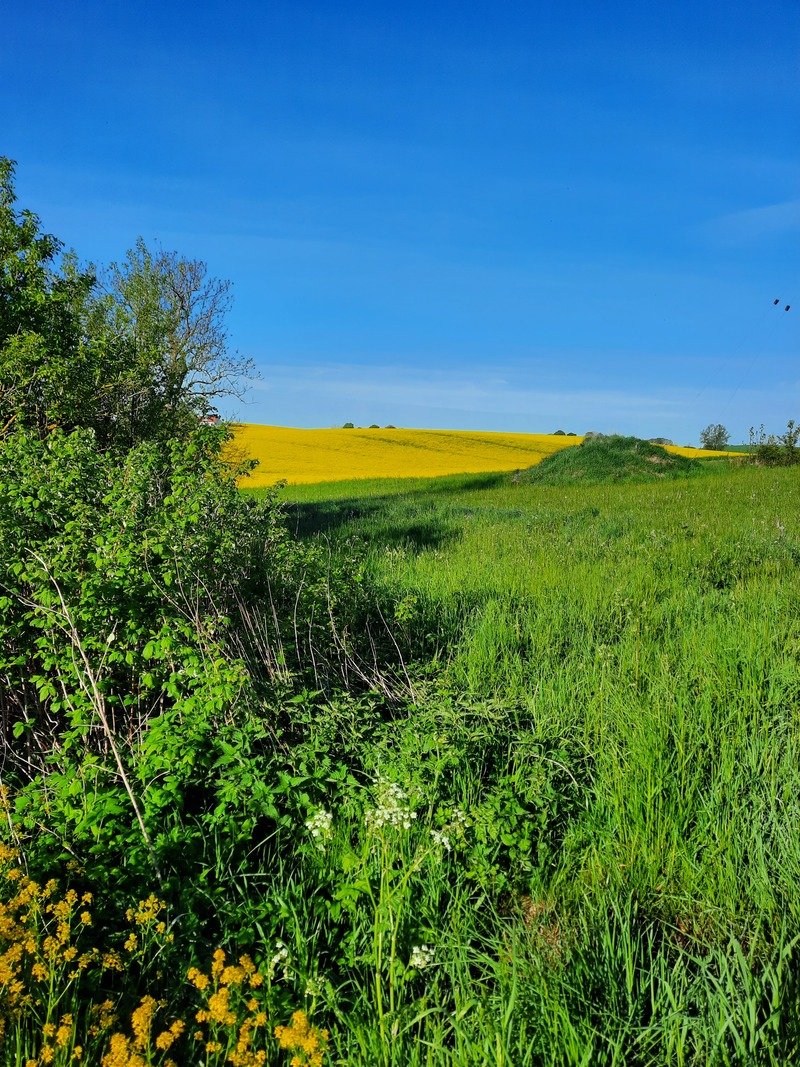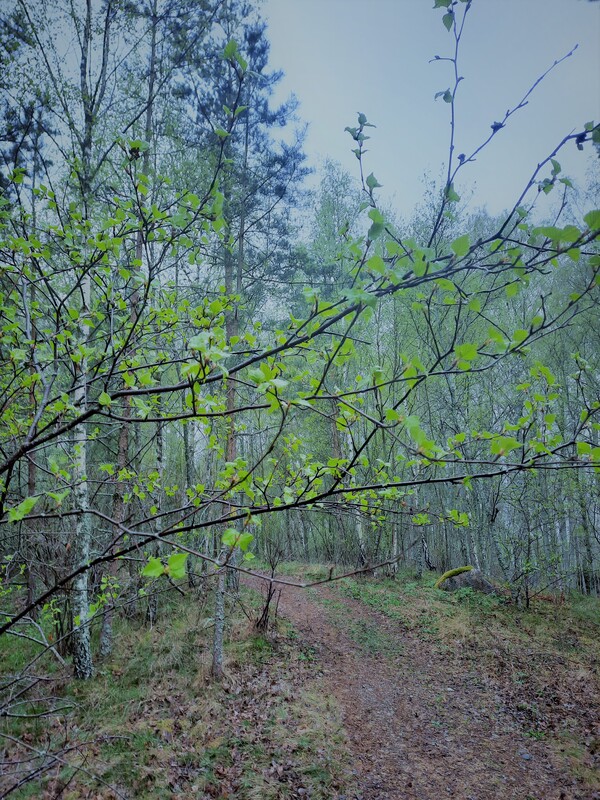|
When letters burned, eyes were struck blind
When pages burned, tongues were muted When spines burned, songs were silenced When covers burned, the sweet smell of spring fled. Show me a book that should not be read Show me a sky that should not be seen Show me the river that should not flow Show me the grass that should not yearn toward the heavens. Show me the fire that should not burn But first, show me the book that is not us. On the burning and banning of books.
0 Comments
The colors won't be still
meandering in water Don't look for the lines believe anyway. Sounds blend, accents bend into no particular shape Know with eyes and hands. Flags frayed at the edges hang crooked from balconies The sun softens all mountains. Sisters dark and patient pierce the gleaming windshield There is infinity in you they say. On driving through the foothills to the Pyrenees.
Light,
a presence like a silk scarf undulating across the sea floor. Schools of thought scurry through the ballerina's adoring wings-- a caress that helps me out of my one-legged self, past fear of being seen, to the shore where our breath mingles. Inside, the breeze wanders through the ruins, the lonely fortress on the grey stage-- what will become of this? Time scatters the shivering question like ashes. The magic is in the layers, heavy, silent and dark, where earthworms convert noise into the listening. Inspired by the idea of an ecology of humanism. Hédi left us as the first snow came. She knew exactly when to make her entrances and exits. She understood timing, and because of what she lived through, she also understood our time.
My first reaction to hearing of her passing was to buy candles, many of them, and light them inside and outside my house, joining her revelry of light. It was a continuation of what she had called upon us to do in her lifetime—called upon me to do. In our many correspondences, she always asked me how I could manage everything I was doing, asked after my family, and when I would find time to rest and enjoy life. I could have asked her precisely the same questions, but she took the initiative as a reminder that neither of us must let the stories of the dark that both of us worked with steal our light. When I first met Hédi, she was in the front row, and I was on the stage. It was a wild and disorganized performance, reflecting the inner turbulence of someone who has just discovered mid-life that their near family were perpetrators of the Holocaust. In the end, she raised her hand and pointed out that the Swedish word I had used to describe a survivor, “överlevare,” was not a good term (though, to her dismay, it is all too often used by the press). Better would be “överlevande,” which does not bear the implication, as the other term does, that some survived because they were stronger. In a state of emotional meltdown, I wondered who this crusty old dame was. She never let me out of her sights, and later I was to learn just how strong she was, although not in an exclusive sort of way. She shared her strength so that all of us felt strong. This became clear to me on at least two other occasions. One was the first time I presented my story to a group at the British Embassy, which had generously agreed to let me do a test run and receive critique before a presentation at the London School of Economics. My heart was in my throat, but Hédi was right there in the front row again. Throughout the talk, I hid behind my manuscript as if, somehow, I could manage it without anyone seeing me. When it was time for comments, there was silence, I imagined a feeling of pity among some until Hédi shot out of her seat and declared that this was an extremely important story and that, with time, it would become easier for me to tell it. Time and timing—she was always so aware of them. On another occasion, shortly after my book “The Pendulum” came out in Swedish with her ringing endorsement on the cover, I learned just how far, how deep, and how much darkness her strength could penetrate. The town of Ludvika in Dalarna, Sweden, was in trouble. The NMR, Sweden’s Neo-Nazis, threatened the very existence of the town by terrorizing its citizens, some of whom were contemplating moving out. Hédi summoned all the best forces she could find and brought them there. In the car on the way back from one of those visits to Ludvika as part of her “team,” I felt both exhausted and charged with new determination. Within a year, the problem in Ludvika had subsided. The approach that was taken to strengthen the community to stand up to extremism is now called “The Ludvika Model,” although sometimes I think it should have been called “The Hédi Model,” she would never have allowed it. There is an awkwardness that comes with being the granddaughter of perpetrators who chooses to step out and tell her story. Why would anyone do such a thing? That was a couple of generations ago, it has nothing to do with you, think of your poor family—such are the arguments. Very few people know what goes on in families like mine. For this reason, the decision to speak out awakens suspicions, and in the early days of trying to express the results of my years of research, I thought I could see these in the sharp flashes of light reflected off retinas at gatherings I was invited to. Whether this was my imagination or not, Hédi knew how I felt--I didn't have to tell her. She must have experienced similar emotions only decades before, when many publishers rejected her account of surviving the Holocaust and when people wondered why anyone who had endured such misery would want to talk about it publicly. Behind this was, no doubt, a distaste for being reminded that the world had generally stood by while her people were murdered. But she was patient. As a psychologist, she knew these stories didn't just go away—time, always time. At one of the gatherings she asked me to attend when she had brought together many talented individuals to form a nationwide democracy network, she cut across the crowded room, took my arm under hers, stroked my hand, and led me confidently into the heart of her project. I was not the first descendant of perpetrators she came to know and collaborated with. She knew that what motivated those of us who had chosen to spend time reflecting on our families’ troubled pasts was intense life-long pain. I did not dare to mention my experiences to her as they could never compare to hers. Yet she chose to take it up with me to clear the air and assure me that sharing my story was necessary. “You cannot compare suffering,” she said, adding, “My suffering is as real to me as yours is to you.” I happen to live in an area where Hédi, her sister Livia, and another dear friend who survived and has now passed, Adéle Schreiber, were sent to live in barracks not long after they were brought to Sweden, emaciated and sick in 1945. My husband interviewed the three ladies, all in their nineties, for a book he wrote about distinctive personalities who had lived in our area, which includes Drottningholm Palace, the current home of the King and Queen of Sweden. We had lunch in our house, and what I remember most was Hédi, Livia, and Adéle sitting on our couch, laughing like the young girls/women they had once been in this place. There was no way to restore laughter to their youth, and yet they infected my husband and me with their playful high spirits. When we last met, she had moved out of her apartment and into an elderly home. I refused to accept this turn of events and wanted, somehow, to snap her out of it. We sat on an enclosed terrace near her room, which was flooded by the early autumn light. Desperate to keep away all thought that we might one day be without her, I tried to fill her ears with all the initiatives I was taking, all the good work that was being done, and that she could rejoin when she was ready. She sat and listened quietly, and when she eventually spoke, she directed my attention to the geraniums, commenting on how pretty they were and what a wonder it was that they could bloom so late in the season. She had not lost her mind or her senses, she simply understood time and timing. I drove home in tears but was infused with the grace and the light about her. Today I feel the same. I have often doubted myself and what I do, but Hédi reduced those doubts. When I think I cannot write or say another word, I see those mild yet resolute eyes, and a delicate yet strong arm takes hold of me. Do not be afraid, she says. Written in memory of Hédi Fried, friend and mentor.
Below the surface of birdsong, under opaque lids, are the demons,
Memories out of context that break me into pieces so I don't know who I am, Only feel shame, shortcomings. Spring has driven out the cold silence and turned the early morning to pure sound. The dawn that started yesterday, or I-don't-know-when, Bleaches the lines, the minutes. Yearning is in the daffodils outside the front door, past waking and dressing. Under these membranes they seem unreachable, A jungle of avian chatter between us. The aperture of noise and light expands and forces eyes lined with weariness to open, Knowing it will have begun narrowing when all creation is at its loveliest, A grand design to keep longing alive. Remarks delivered at a manifestation for Ukraine at Leksand Church, Sweden on 10 April 2022.
My remarks are in English so that our Ukrainian guests may understand. Opa, my grandfather, hungered for the black soil of Ukraine. He was an SS man, a real Nazi, a fanatic complicit in hounding unarmed men, women, and children in occupied Poland where he was stationed throughout WWII. But he never reached his goal. Blinded by his own racism, and unhinged ambition, he believed that the enemy would soon collapse by virtue of its own weakness. At his life’s lonely end, in the interior of Brazil, the country of my birth, he searched revisionist literature endlessly for answers as to why the war had been lost. In such accounts, the Holocaust, the murder of millions, was downplayed or unmentioned. My wish for today, apart from this war and all its suffering ending as soon as possible, is that someday in the not-too-distant future, the child or grandchild of a Russian perpetrator will stand here before you in my place. He will tell you about the atrocities committed by his forefathers, the silence about them in his family, and the shame that formed his life. She will relate to you the way that lies and taboos asphyxiated her family―that no one escapes genocide unscathed― and that one day all this became unbearable. He will explain that the dam inside him broke, and that he decided to learn the truth for himself. She will describe the heart-rending meetings with the families of the Ukrainian survivors. These won’t have been easy, and neither should they have been. But by listening and not flinching from the truth, a transformation will begin to take place inside of him. The shame that she has borne for so long will be reborn as responsibility. He will seek out his grandfather’s victims and their families and, unimaginable as it is today, they will stand together and offer the world trust and hope. This work will never end and will keep opening itself like a never-ending succession of romanesque arches. Now I would like to read to you a beautiful poem in Swedish by Nobel Prize winning poet Tomas Tranströmer about our human complexity and the pride of being a work in progress; our humanity, a never-ending succession of Romanesque arches. Romanska bågar/Romanesque arches In Swedish In English In a hollow of winter in spring,
Night descends releasing snow without a sound A trinity of deer leaps down the hill like music In graceful arcs past sculpted bushes, over the lawn under the palace lights The wisdom of pines, Branches heavy with men's wars, manifests in stillness What is our word? From the gut of night you reply, peace, No, peacefulness. On a walk in Drottningholm Park on the evening of 8 April 2022. |
AuthorSee About. Archives
November 2023
Categories |




 RSS Feed
RSS Feed